According to the Vietnamese Ambassador to Singapore, only by relying on innovation and science and technology can Vietnam catch up and develop with the world, and innovation "requires boldness with big dreams and thinking outside the box."
With the goal of building a "smarter, more creative and more prosperous" Vietnam, the Vietnam Global Innovation Forum 2025 officially opened on the afternoon of February 20 at Google Asia Pacific (Singapore).
The event was attended by 100 outstanding Vietnamese and Vietnamese-origin innovators from 20 countries and territories. In addition, there was also the participation of Mr. Tran Phuoc Anh, Vietnamese Ambassador to Singapore, Professor Nguyen Duc Khuong, Chairman of AVSE, Associate Professor Vu Minh Khuong, Lee Kuan Yew School of Public Policy...
Connection creates collective strength
Speaking at the opening ceremony, Professor Nguyen Duc Khuong, Chairman of AVSE Global, emphasized the role of connection in innovation: "In the context of rapidly changing technology, it is necessary to connect and converge collective intelligence to create common strength, together creating values for Vietnam".
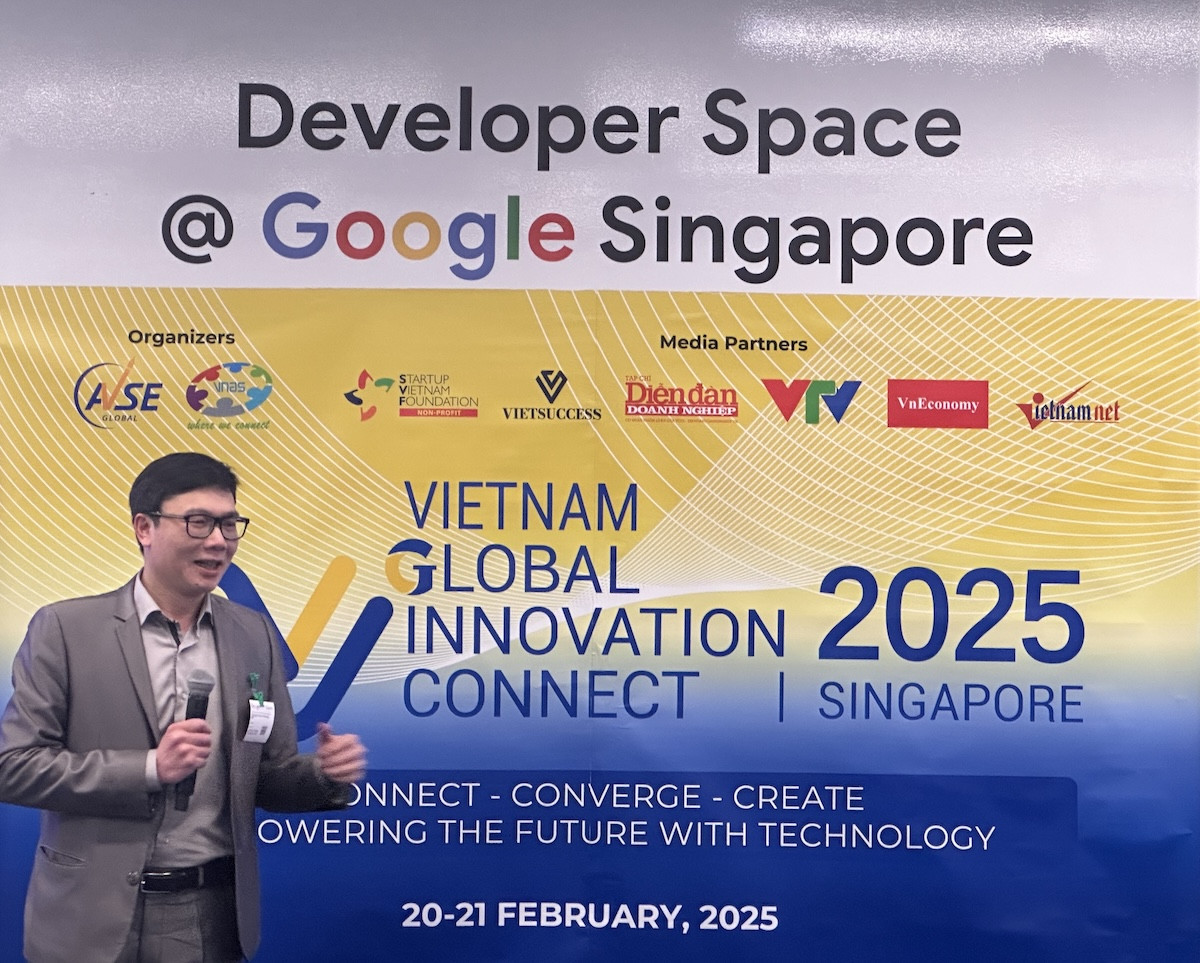
The main content of the Vietnam Global Innovation Forum (VGIC 2025) revolves around three main topics: artificial intelligence (AI), semiconductors and financial technology (fintech). According to Professor Nguyen Duc Khuong, these are also the new growth drivers of Vietnam in the future.
According to Mr. Tran Phuoc Anh, Vietnamese Ambassador to Singapore, only by relying on innovation and science and technology (S&T), Vietnam can catch up and develop with the world. In particular, innovation "requires boldness with big dreams and thinking outside the box".
The Ambassador also stated that the Vietnam Global Innovation Forum 2025 held in Singapore took place in the context of the bilateral relationship between the two countries having never been as good and comprehensive as it is now in all areas from culture, investment... The forum has shown the development of the strategic partnership between the two countries, promising to continue to be elevated in the coming time.
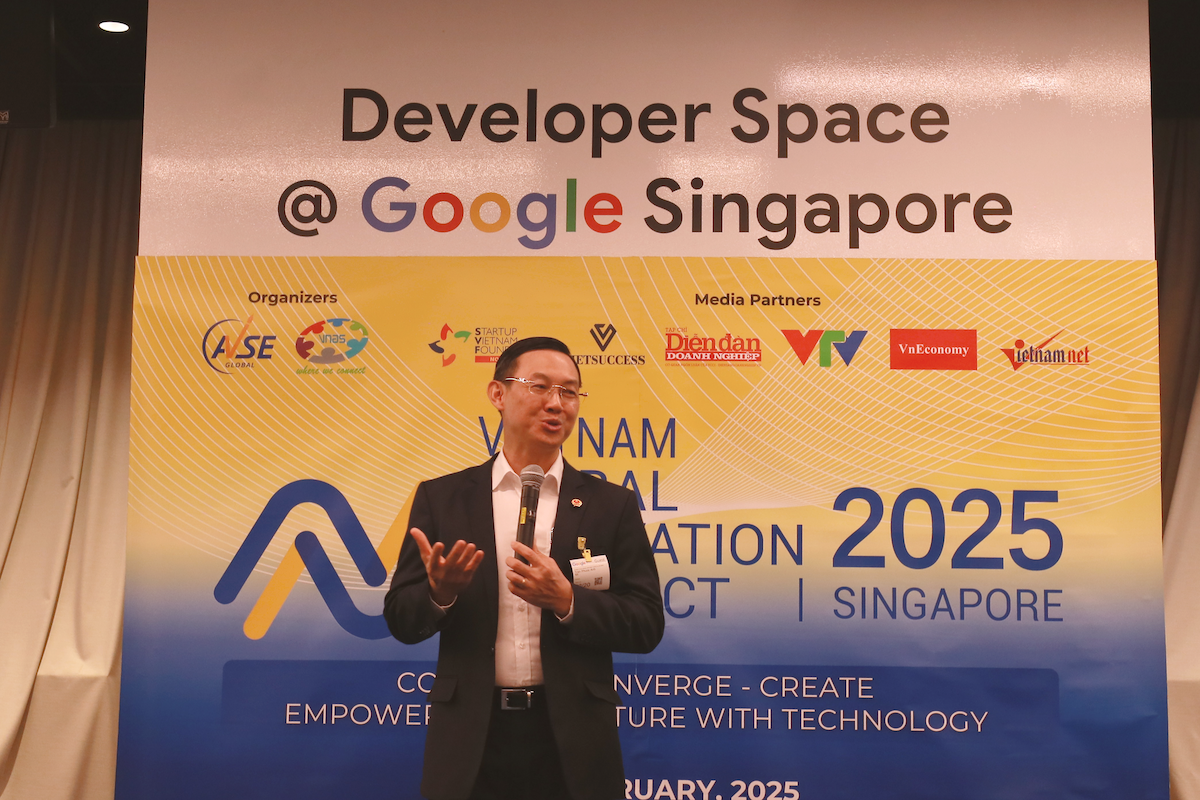
Within the framework of the event, Associate Professor Vu Minh Khuong, Lee Kuan Yew School of Public Policy, National University of Singapore also shared lessons learned from Singapore, from a trading port that has become a "center" of innovation and creativity, a model for many countries to learn and follow.
Accordingly, this island nation has transformed innovation into its "soul" with a fundamental and comprehensive approach.
Next, Singapore has done a good job of "standing on the shoulders of giants" by selectively absorbing the best of the world, from the subway to applying educational initiatives. With limited resources and area, Singapore has identified challenges as opportunities to create national and community strength. For example, to solve the problem of resource shortages, the island nation has chosen to focus on investing in education and focusing on the human factor. Meanwhile, the small area makes the role of architectural planning even more important.
In addition, Associate Professor Vu Minh Khuong also emphasized the factors of "national survival" and "rising up to survive", based on the fundamental foundation of connection, solidarity and different thinking that is spread from the young generations.
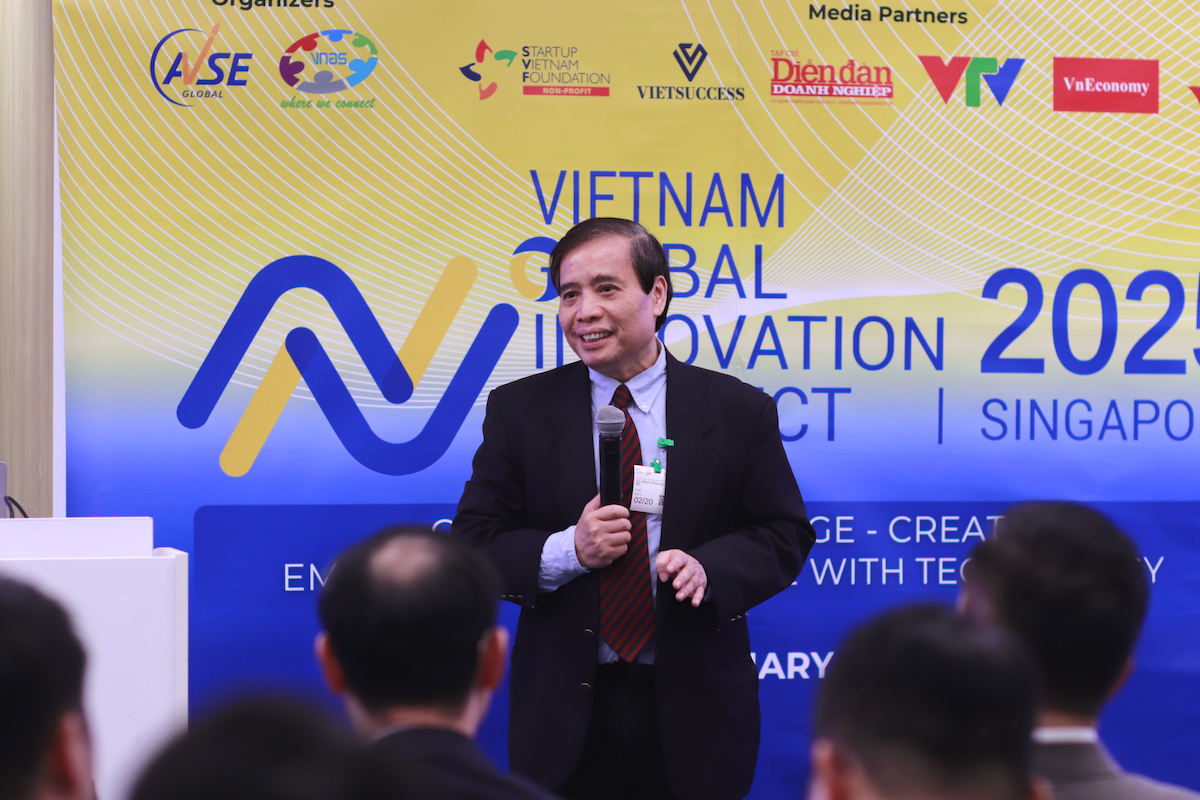
Training technology human resources with specific problems
On the sidelines of the Vietnam Global Innovation Forum 2025, on the morning of February 20, speakers and guests visited the Singapore Institute of Technical Education (ITE). According to Mr. Lim Boon Tiong, the school's operations director, ITE is one of the leading training institutions in the island nation, providing high-quality labor for local companies and international corporations here.
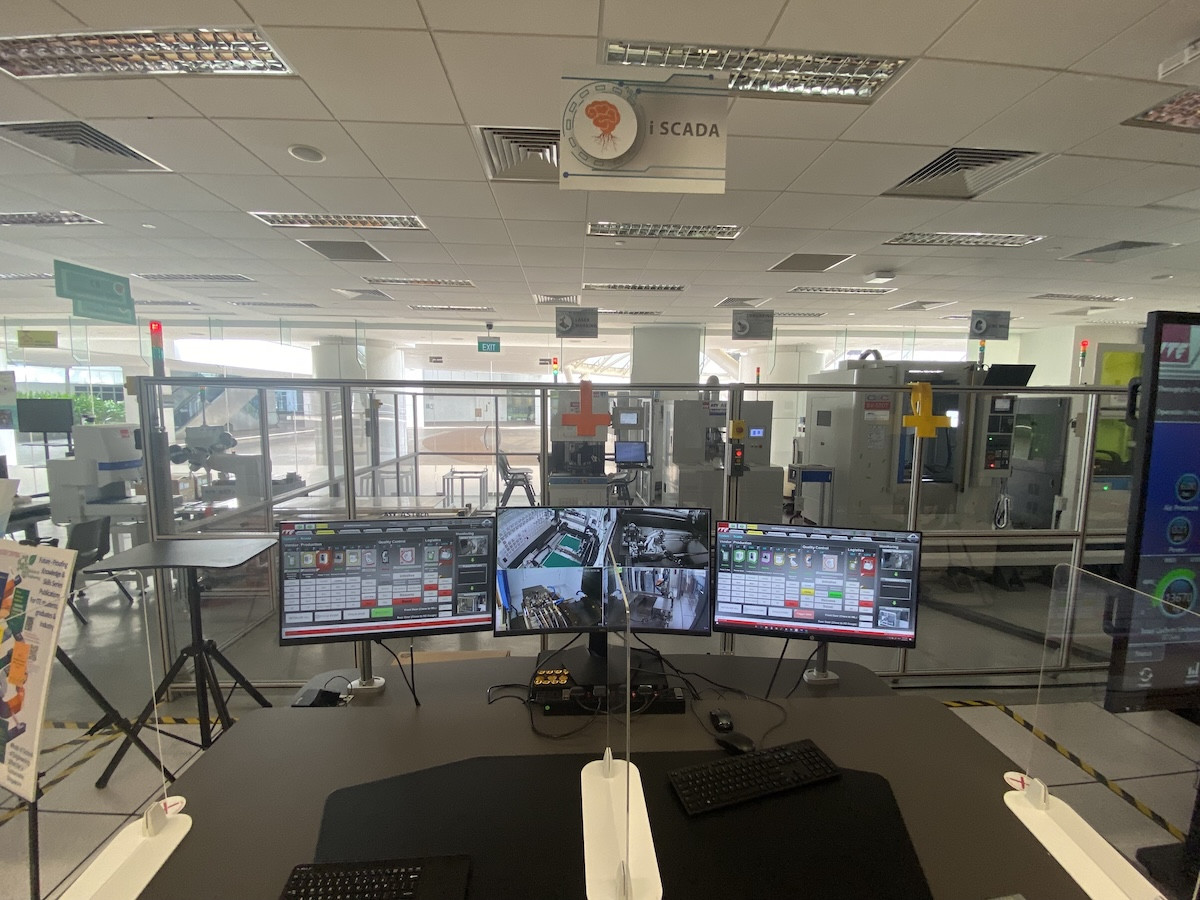
ITE's training programs are built on specific problems related to daily life such as assembling coffee machines, smart water-saving toilet projects... To help students quickly get acquainted with technology, ITE has built laboratories equipped with advanced equipment in the industry. Next, students are introduced to virtual reality (VR) devices, before working directly in the lab.
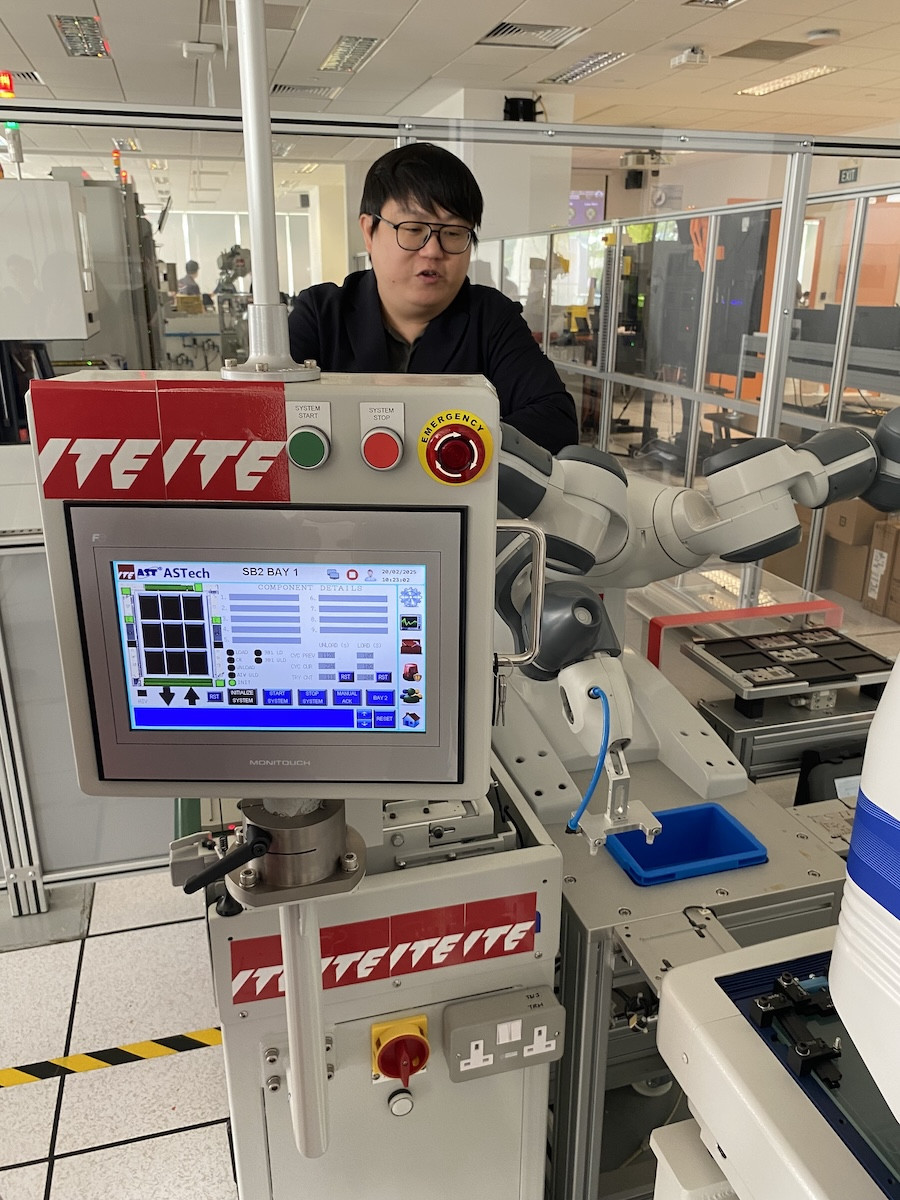
ITE representatives affirmed that educational institutions in Singapore consider meeting the requirements of employers as the top factor in building training programs. Specifically, ITE regularly meets and discusses with businesses in general and technology companies in particular in Singapore to grasp the needs and problems that businesses are facing, thereby "adjusting" training content to suit reality. The school's excellent students are often sent to work at companies in the industry to gain experience and support businesses in handling specific problems.
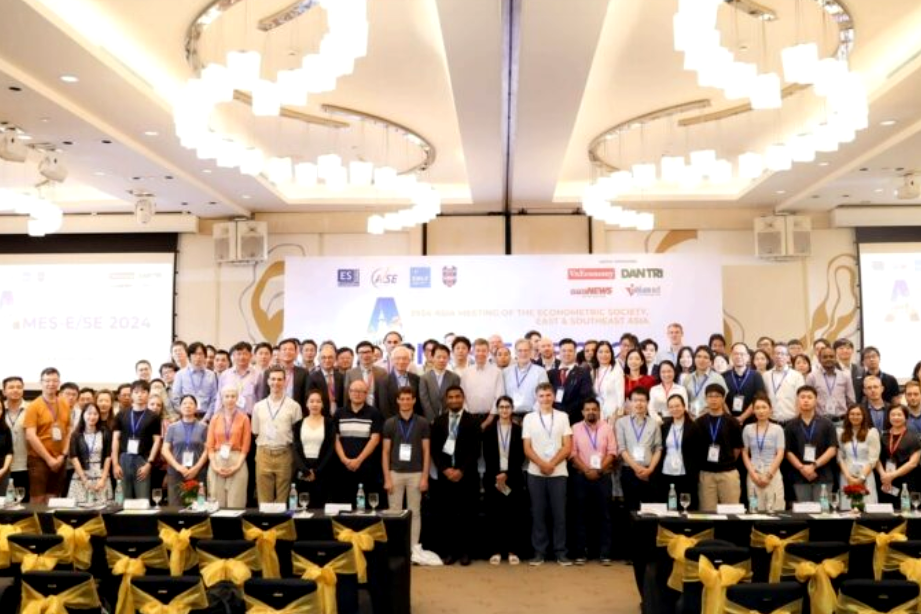
Source: https://vietnamnet.vn/dua-vao-dmst-va-khcn-viet-nam-moi-co-the-bat-kip-va-phat-trien-cung-voi-the-gioi-2373362.html








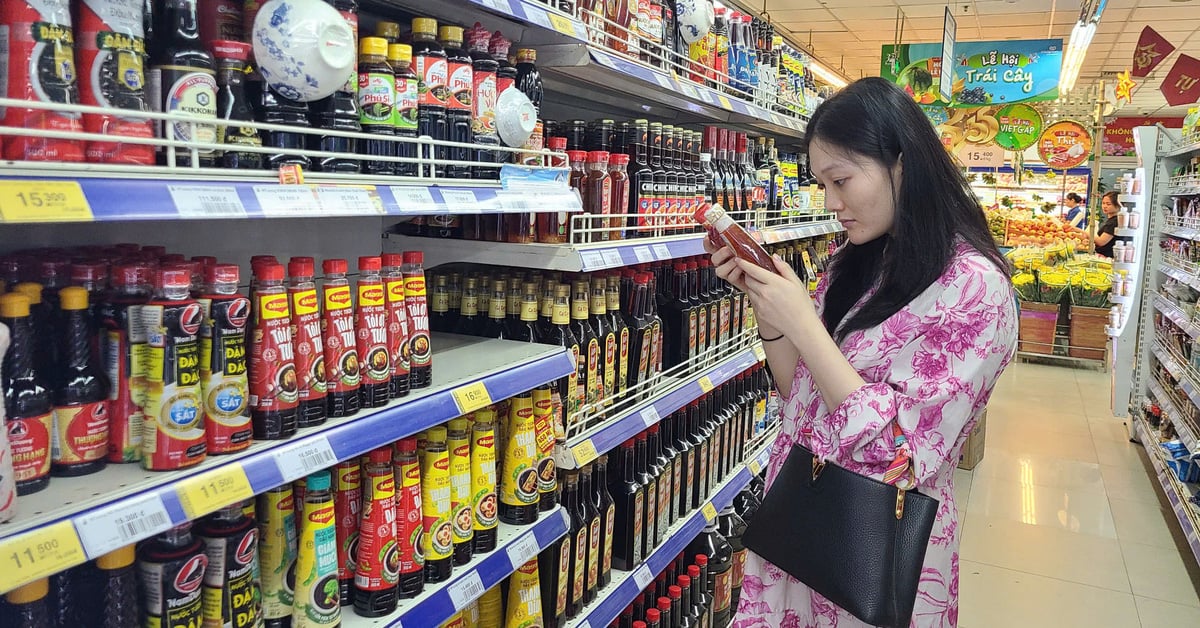

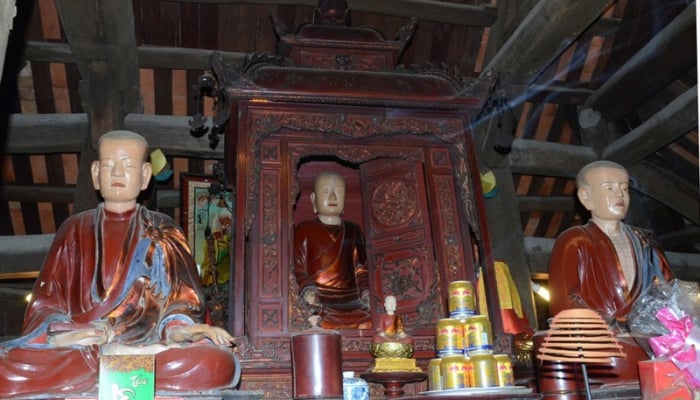




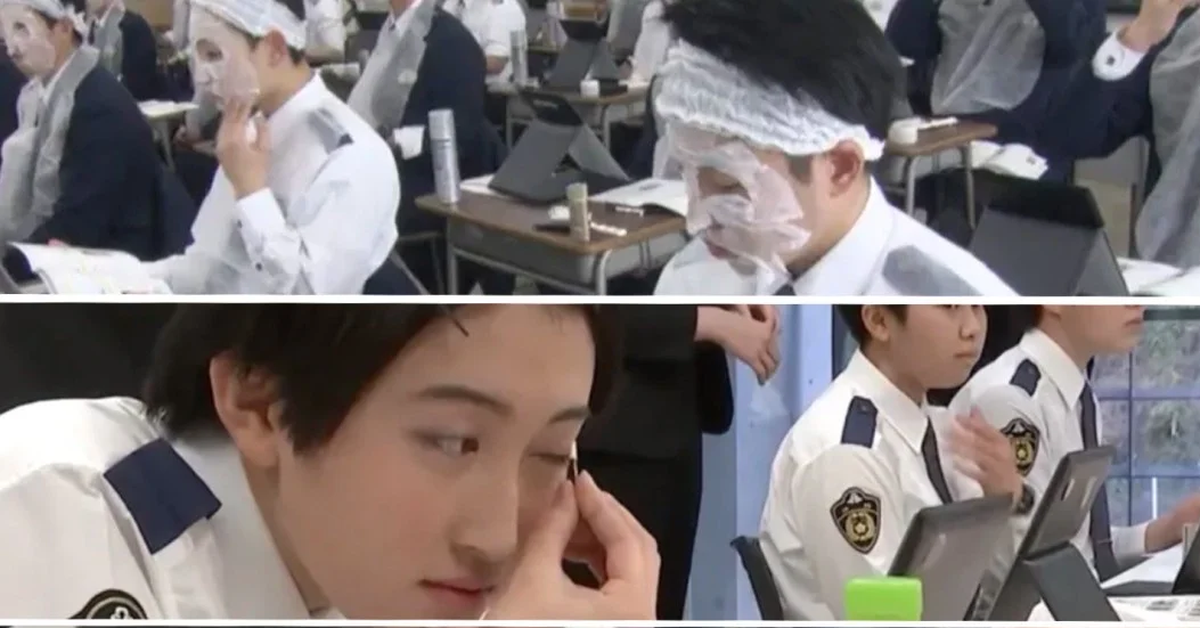

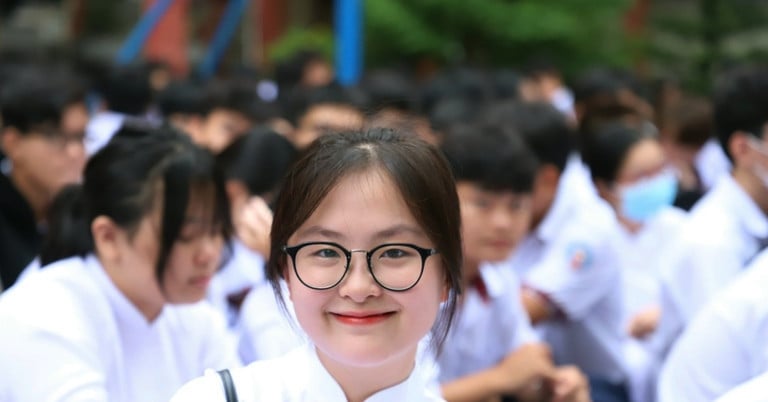
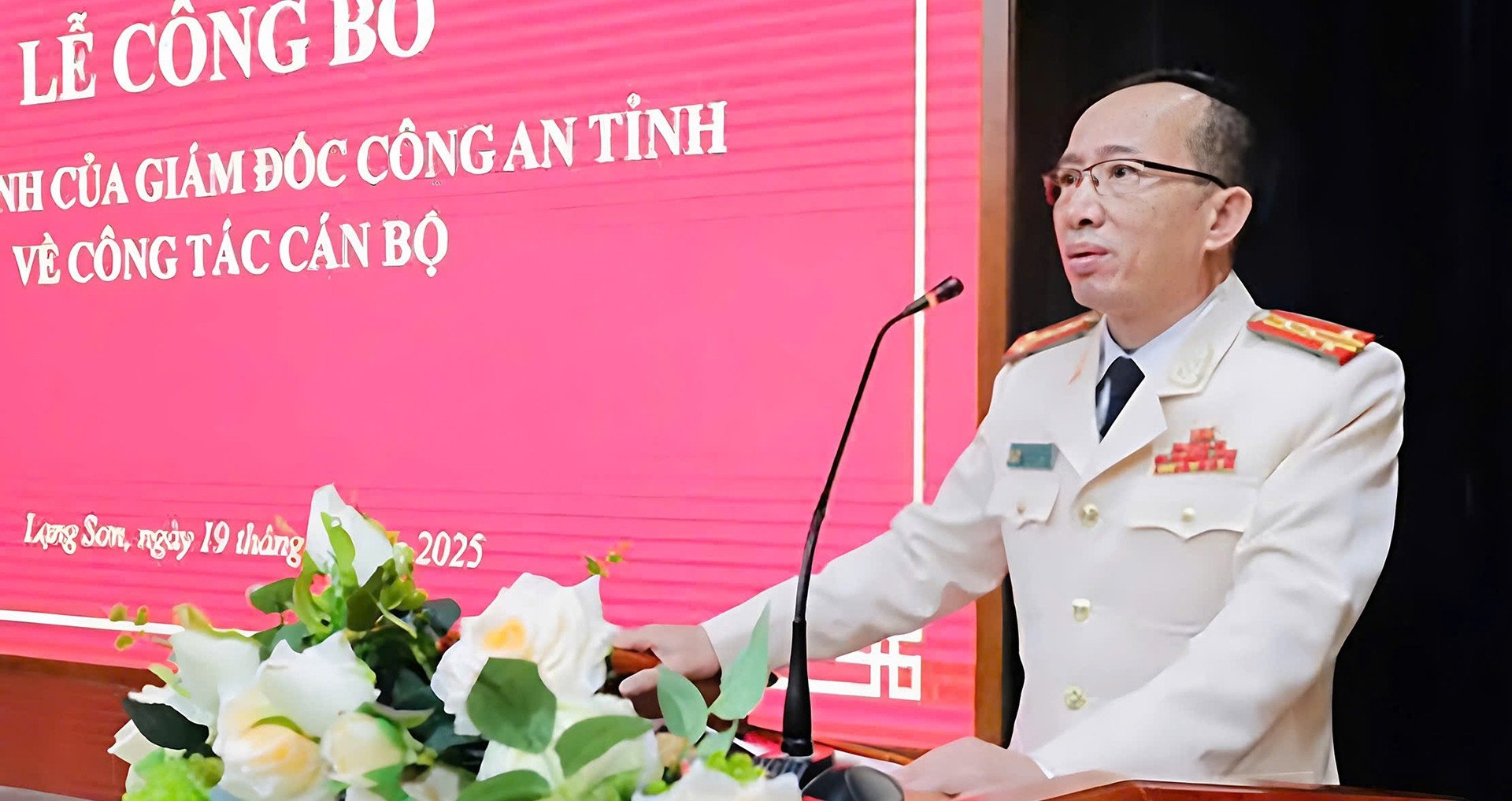

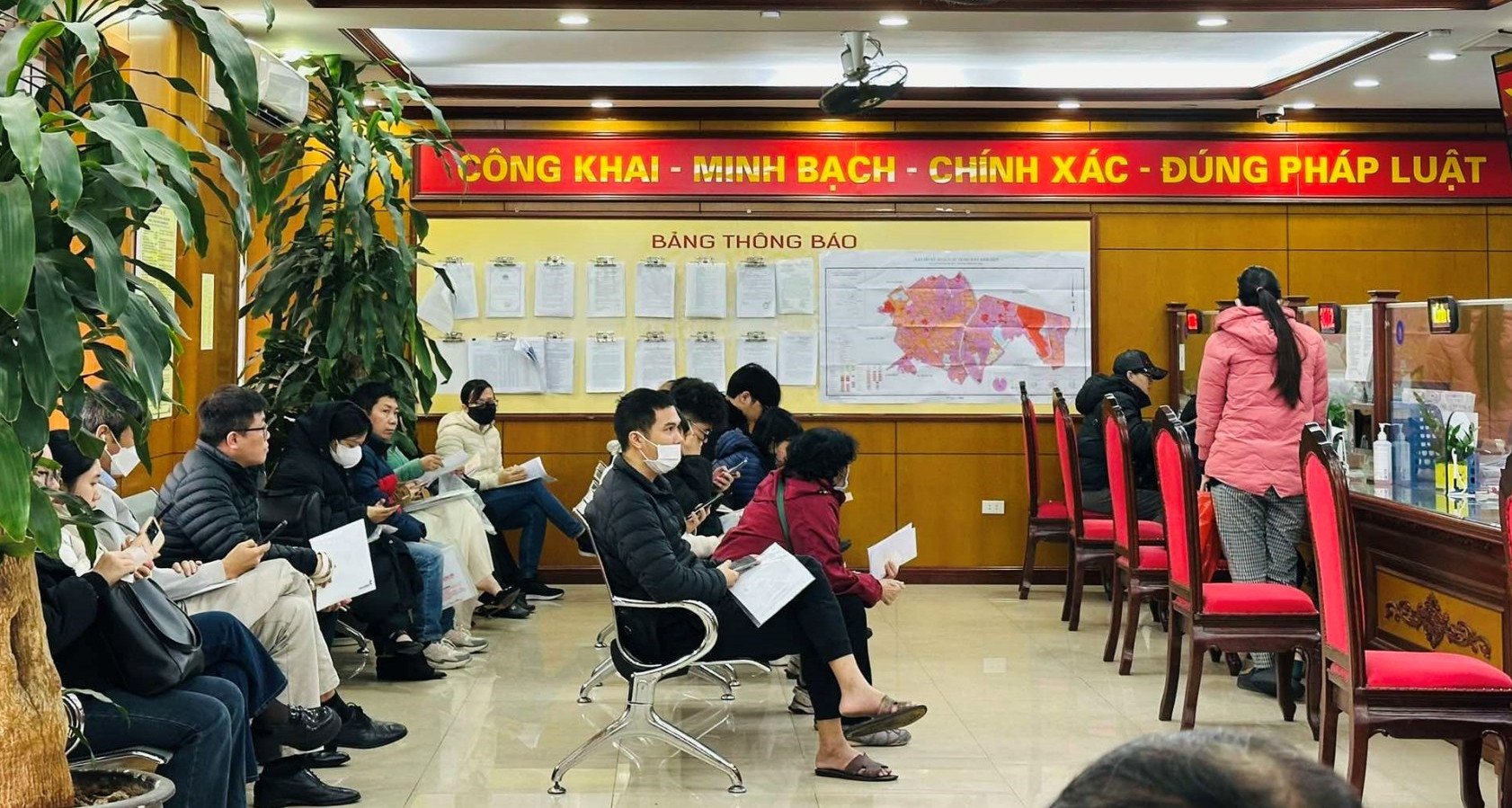
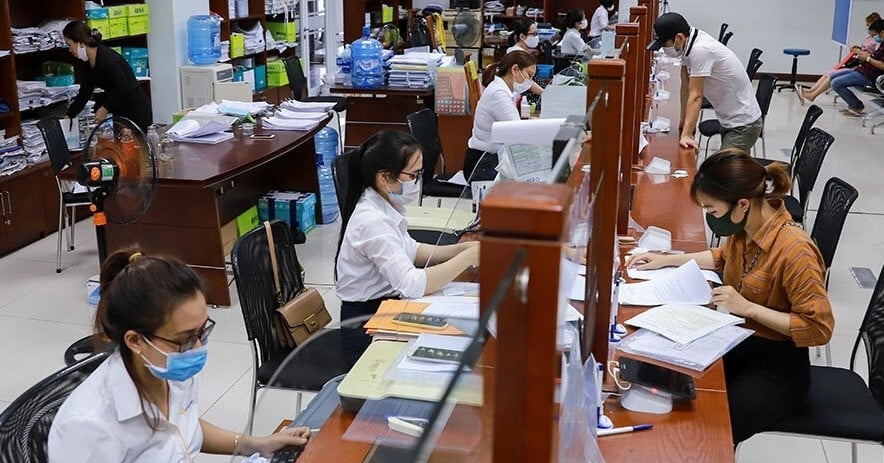
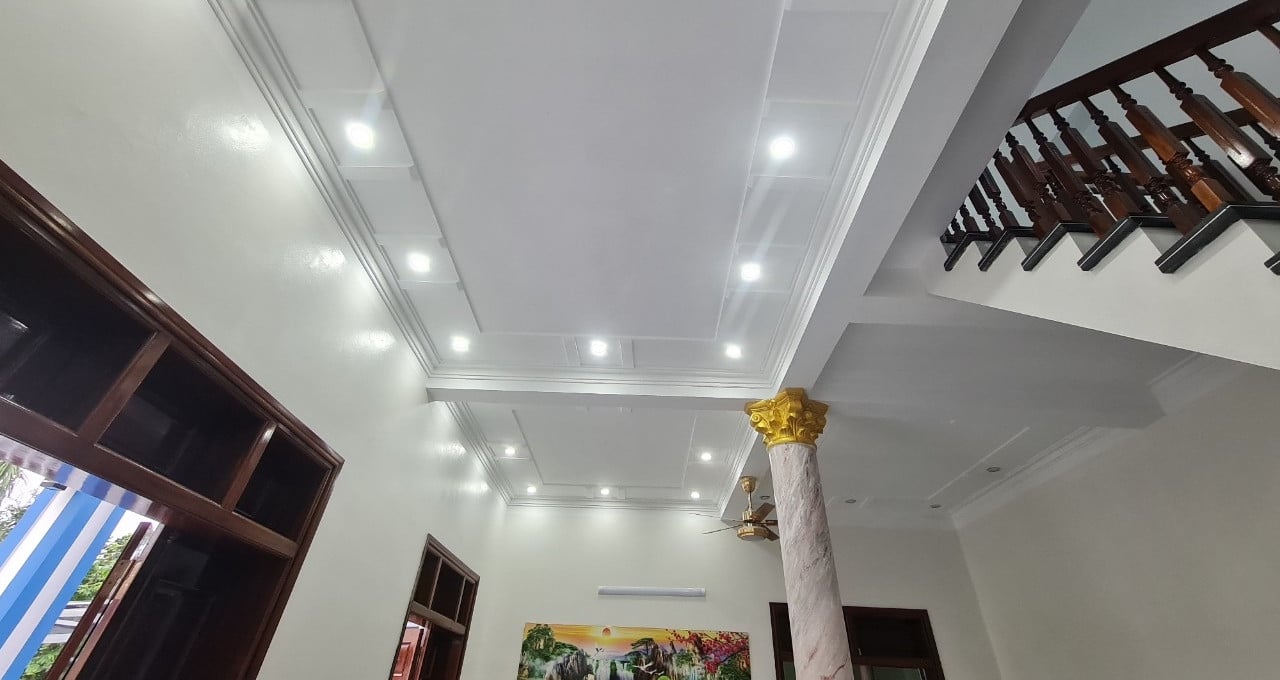
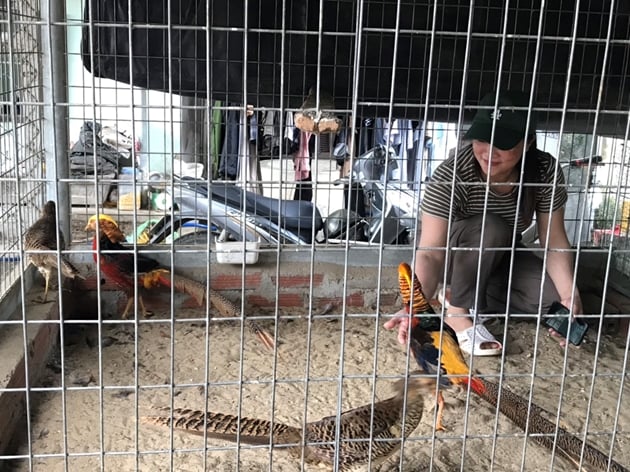






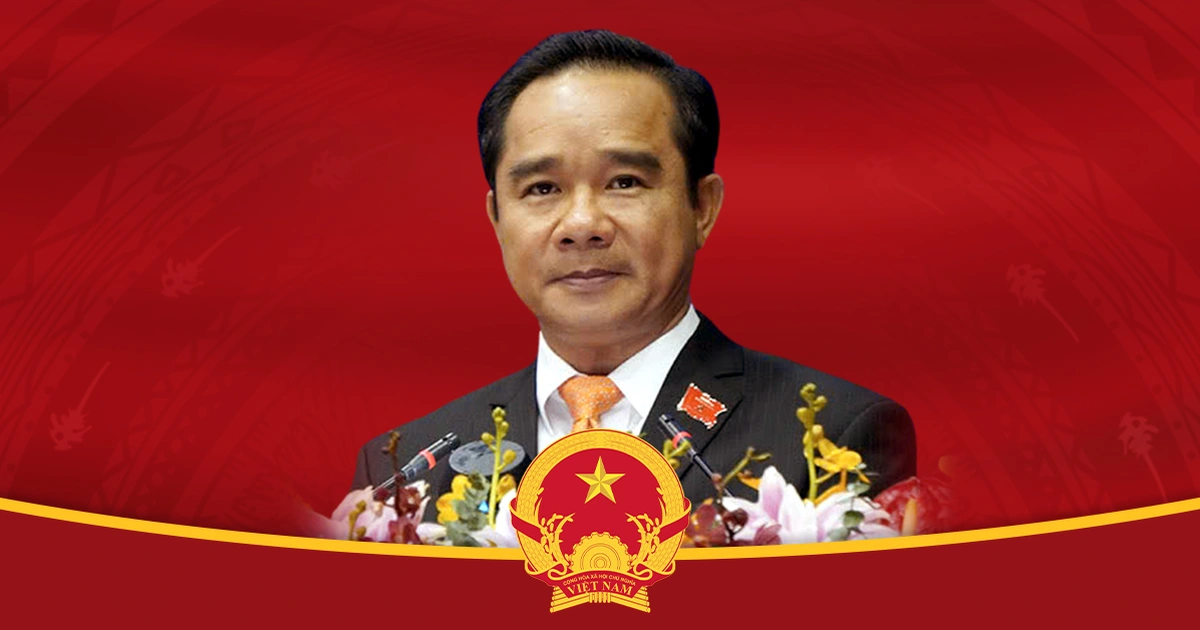




Comment (0)